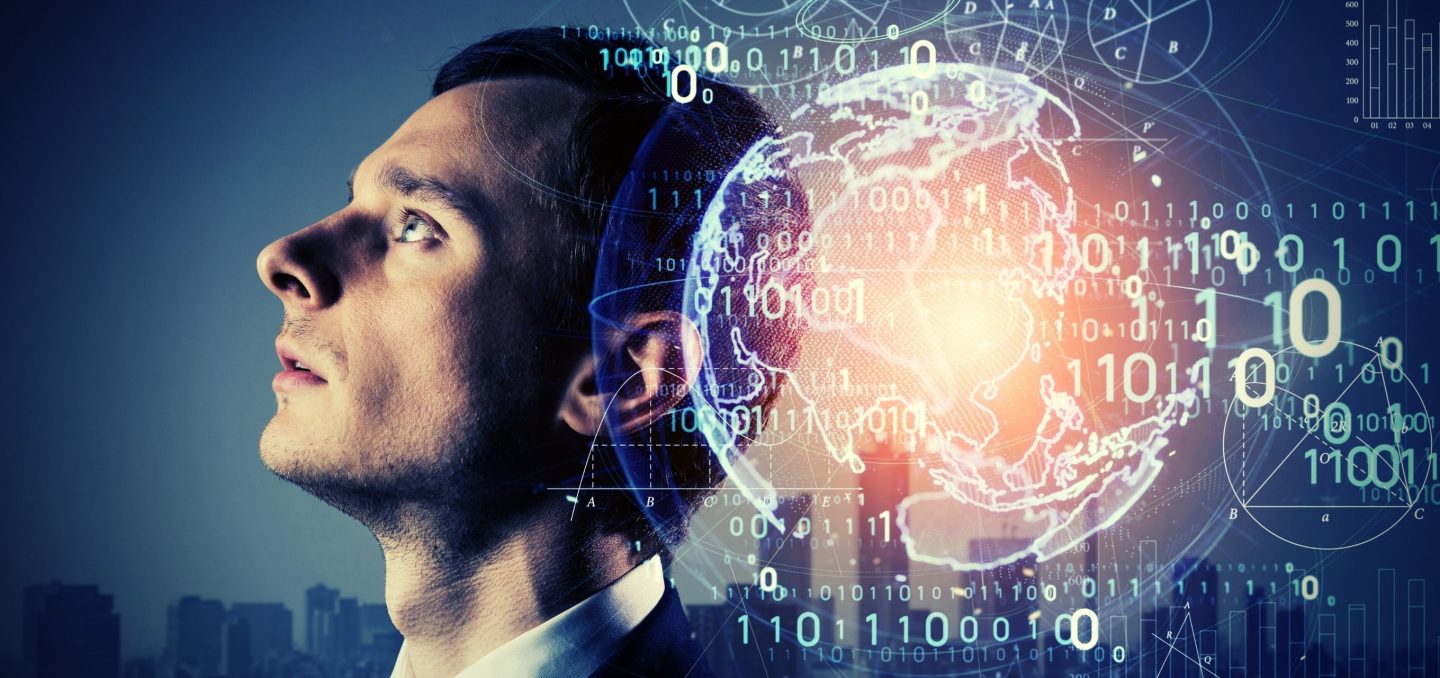In today’s healthcare environment, AI (artificial intelligence) is becoming an increasingly established reality. It is a rapidly growing sector, characterized by innovations that meet the needs of a new generation of patients.
Among the endless possibilities of application of AI in digital health is reducing the time spent in traditional healthcare facilities, thanks to remote control systems that facilitate individual healing processes, and the increasing practice of combining traditional care with telemedicine. Thus, artificial intelligence can make a difference and refine research methodologies, and more generally, how medicine is practiced.
Several stakeholders are investing more and more in artificial intelligence, while others are timidly investigating AI-enabled digital health initiatives.
This is where Google comes in. The company announced significant funding for 15 artificial intelligence projects. A perfect example of best practice aligned with the United Nations Sustainable Development Goals. Eight of the fifteen Google projects address digital health initiatives for improved patient experiences and access to healthcare.
Projects launched by Google
Google places a strong focus on cancer prevention, ensuring more equitable treatment for patients around the globe, creating effective systems to prevent serious pregnancy-related problems, and preventing insidious diseases like tuberculosis and malaria. A new cancer prevention project, RAD-AID, has been launched to facilitate the hospital triage process in respiratory diseases and breast cancer cases, as well as to assist physicians in reading scans and X-rays. A 3D printing facility at Makerere AI Lab, on the other hand, will make it possible for low- and middle-income countries to process images for diagnosing diseases like tuberculosis, cancer, and malaria. There are also several projects with a social purpose, particularly those addressing resource disparities among patients globally. Wuqu’ Kawoq and safe+natal are collaborating to develop an artificial intelligence-based kit that would allow Guatemalan midwives to detect newborn complications and minimize fetal stress during birthing. Also IDinsight, in collaboration with Reach Digital Health and Jacaranda Health, integrates natural language-enabled automated responses in South Africa and sub-Saharan Africa to provide essential childbirth and newborn health information mothers; and finally, Causal Foundry, used by health workers as a preventative measure against erroneous behavior associated with pregnancy and childbirth.
To complete this promising outlook, there are innovative and culturally significant projects such as MATCH (Music Attuned Technology—Care via eHealth), which will decrease agitation in dementia patients using an artificial intelligence-enabled adaptive music system.
Each initiative has received around $3 million in technical assistance, with Google also providing funds for a team of employees to work pro bono on the project for six months.



